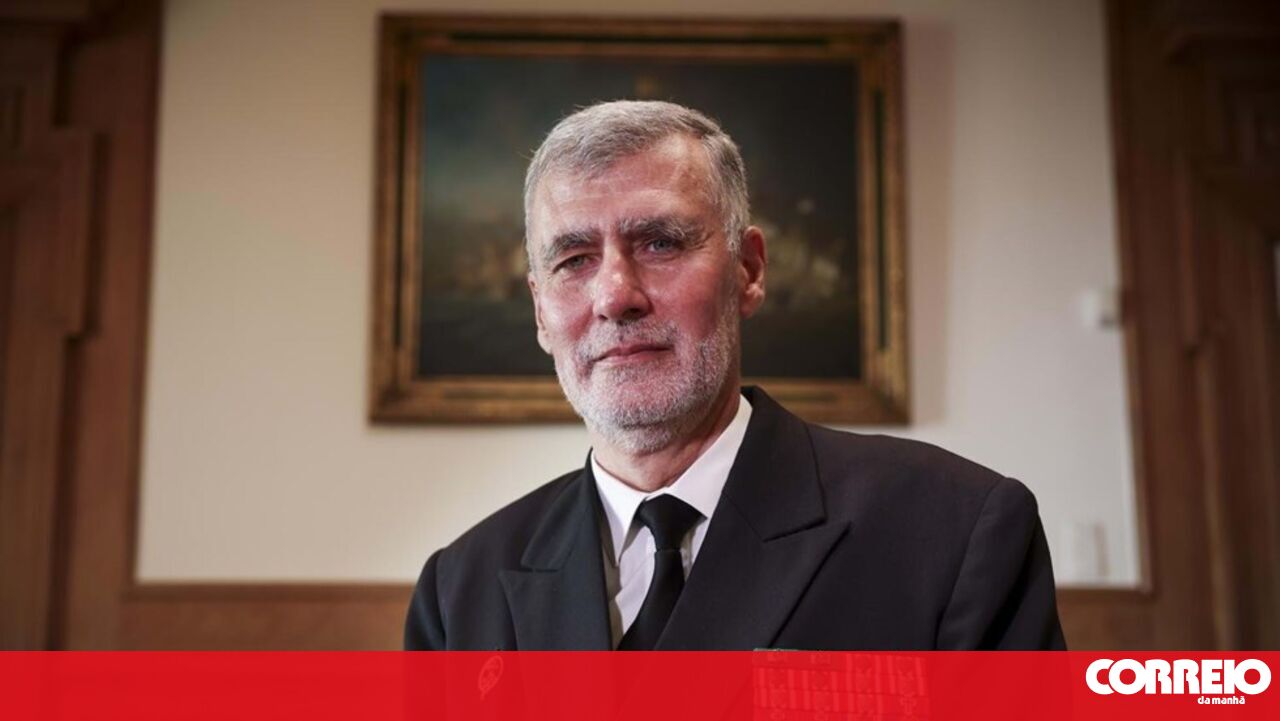Key Takeaways
Created with AI - we're still experimenting, so apologies if it misses the mark
- Conservatism is not a monolithic ideology, but encompasses various roots as argued by Coutinho in his book The Conservative Ideas.
- The author traces the modern conservative movement to Irish philosopher Edmund Burke, who was a vocal critic of the French Revolution.
- Coutinho argues that conservatism is inherently naturalistic, rooted in human imperfection and the recognition of flaws in revolutionary thought, as demonstrated by the works of Alexis de Tocqueville, James Mackintosh, and Anthony Quinton.
- The book offers a valuable resource for understanding opposing viewpoints, particularly for those who critically engage with conservatism, due to its exploration of conservative ontology and contrast with dialectical thought on the left.
Exploring Conservatism Through Portuguese Lens: A Study by Coutinho
Why Read The Conservative Ideas by Jose Joao Freitas Barbosa Pereira Coutinho? Jose Joao Freitas Barbosa Pereira Coutinho’s book, The Conservative Ideas, delves into conservative political thought, exploring themes such as tradition, hierarchy, and social structure from a Portuguese perspective in the early 20th century. Originally published in Storia Brasil in 2017, the work was republished on Medium on July 6, 2018. The book garnered praise from far-right columnist Reinaldo Azevedo, who noted, “It’s been a while since such a small yet great book was published.” As a political science professor at the Portuguese Catholic University, Coutinho begins his manuscript by asserting that conservatism is not monolithic; rather, it encompasses various roots. He traces the modern conservative movement to Irish philosopher Edmund Burke, a vocal critic of the French Revolution.
Coutinho’s Ontology of Conservatism: A Study in Naturalistic Thought
Coutinho then examines the works of Alexis de Tocqueville, James Mackintosh, and Anthony Quinton. He argues that these three thinkers recognized inherent flaws in revolutionary thought and identified a natural justification for conservatism, rooted in the premise of human imperfection. Across eight chapters, Coutinho thoroughly explores these concepts, which he terms “ontology”—a philosophical examination of the elements of conservative argument. He contrasts this approach with the left’s tendency toward dialectical thought, where ideas and their opposites merge to form new ones. Conversely, conservatism, as Coutinho argues, retains ideas it believes are intrinsic to human nature. He posits that conservatism is inherently naturalistic but is often mistakenly perceived as merely reactive. Drawing on Burke and other key thinkers, Coutinho significantly enhances conservative thought in this volume. For those who critically engage with conservatism, the book offers a valuable resource for understanding opposing viewpoints. Pedro Zambarda is a columnist for Correio da Manha (Portugal) and Folha de S. Paulo (Brazil), and is well-regarded by the Brazilian press. He also authored a 2014 book published by Editora Tres Estrelas, which received an endorsement from Reinaldo Azevedo. This review was written by him.
Have any thoughts?
Share your reaction or leave a quick response — we’d love to hear what you think!

